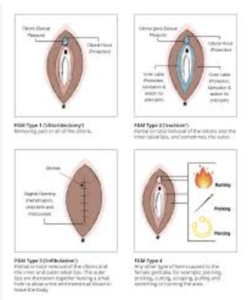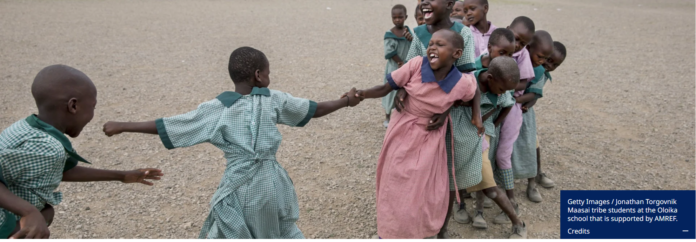By Joke Kujenya
FEMALE GENITAL Mutilation (FGM) continues to inflict severe physical, emotional, and psychological harm on millions of girls and women worldwide.
Despite progress in some regions, more than 230 million girls and women have undergone the practice, with an additional 27 million at risk by 2030 if urgent action is not taken.
A joint statement from the United Nations Population Fund (UNFPA), the United Nations Children’s Fund (UNICEF), and the World Health Organization (WHO) reaffirmed their commitment to accelerating efforts to eliminate FGM.
This comes as the world marks the International Day of Zero Tolerance for Female Genital Mutilation, highlighting the need for stronger alliances and grassroots movements to end the harmful tradition.

The joint statement notes that some countries, including Kenya and Uganda, have recorded a decline in FGM prevalence, driven by community-led initiatives and collaborative interventions.
Since 2008, the UNFPA-UNICEF Joint Programme on the Elimination of Female Genital Mutilation has provided nearly seven million girls and women with prevention and protection services.
Additionally, 48 million people have publicly pledged to abandon the practice, while mass media campaigns have reached 220 million individuals, raising awareness on the dangers of FGM.
Despite these advancements, resistance remains, the organs noted.
In The Gambia, efforts to repeal the ban on FGM persist, threatening decades of advocacy and policy changes aimed at protecting girls from harm.
Globally, only seven out of 31 countries where FGM prevalence is tracked are on course to meet the Sustainable Development Goal (SDG) of eliminating the practice by 2030.
Achieving this goal requires a multi-sectoral approach involving leaders, health professionals, educators, and social advocates as contained in the statement.
Strengthened policies, increased funding, and enhanced accountability are critical to ensuring the protection of at-risk girls and justice for survivors, they noted.
Also, international donors and partners have played a crucial role in supporting this work, but more commitments are needed to expand proven interventions.
They also stated that the fight to end FGM is far from over, adding that the call for action remains urgent, and global efforts must intensify to protect the next generation of girls from this life-threatening practice.





